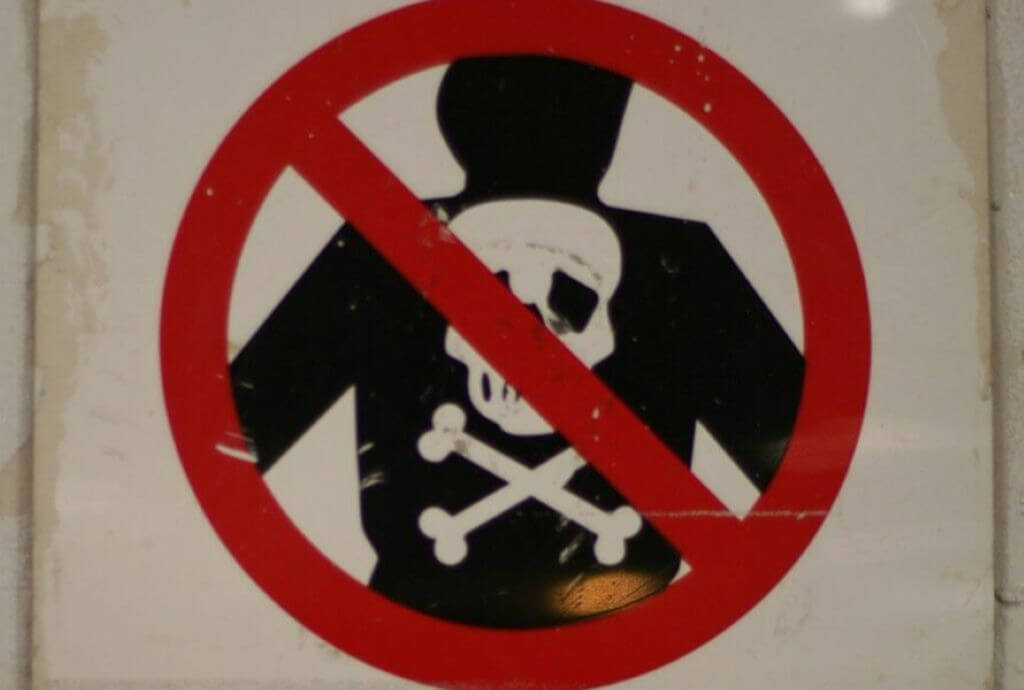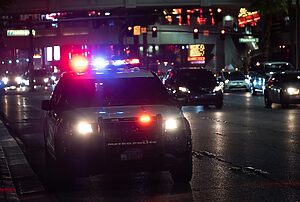Summarised by Centrist
In a lengthy opinion for The Spinoff, anti-apartheid campaigner Trevor Richards argues the Independent Police Conduct Authority’s (IPCA) recent report, The Policing of Public Protest in New Zealand, risks ushering in a restrictive legal framework with disturbing consequences.
The report, released in February, recommends standalone legislation that would set overarching principles and police powers for managing “anticipated” protests.
These include advance notification requirements, conditions imposed by police and local authorities, and even criminal penalties for those who fail to notify.
“There is something singularly ominous about a proposal seeking to justify a curtailment of such rights and freedoms,” Richards writes, warning it could create a licensing regime for protest—where police can approve, deny, or constrain political expression.
One proposed new offence targets pickets outside private homes—described by Police Minister Mark Mitchell as “a step too far.” Richards says these protests have long been legitimate tools for political speech, and restricting them sets a troubling precedent.
The New Zealand Council for Civil Liberties calls the proposals “disturbing” and a possible gateway to further controls that hide or suppress dissent. While both Richards and the NZCCL acknowledge that prior consultation with police can be useful, they say mandatory notification—especially with criminal consequences—goes too far.
Image: Kiwichris



















